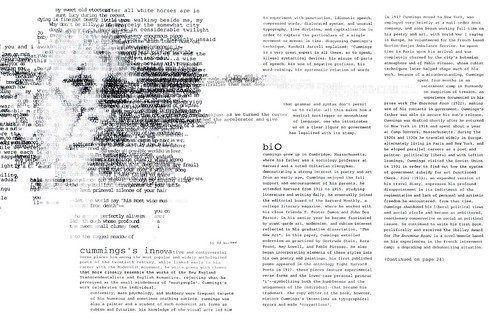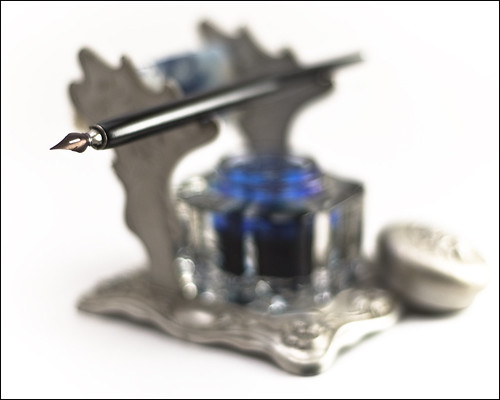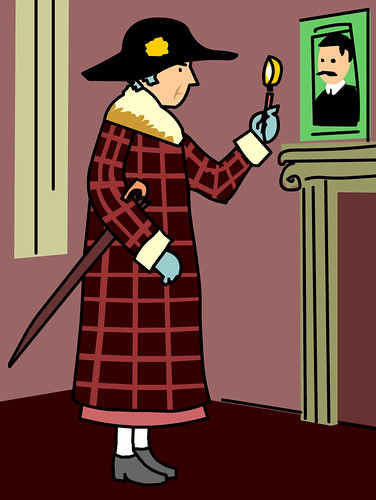If, as Holbrook Jackson maintains, your library is your portrait, then surely your public library loans are your latest snapshot.
My list of current loans reflects my recent fascinations with tea (social, cultural, historical, comestible), simplicity, Jane Austen’s times (tea and crime) and Victorian-era New Zealand (mostly crime). I also have books on undertaking and rhetoric, which simply caught my eye as I browsed.
I expected to see wabi-sabi mentioned in the book on the Japanese tea ceremony and it seemed natural to encounter it in one of the books on simplicity. But when it popped up for the third time in the book about modern Canadian undertaking, I was surprised.
My favourite of the three encounters is the essay ‘Wabi-Sabi Time’ by Robyn Griggs Lawrence; in the book Less is More, edited by Cecile Andrews and Wanda Urbanska.
Wabi being notoriously hard to define, she gives a variety of descriptions, including “a little monk in his torn robe, enjoying a night by the fire – content in poverty.”
Sabi is a bit easier to define: it refers to the effect of the passing of time (literally: rust).
Together, the words wabi-sabi conjure a sense of imperfect beauty, tarnished with time, but valued all the more for its age and imperfections.
“Wabibitos live modestly, satisfied with things as they are. They own only what’s necessary for its utility or beauty (ideally, both). They revere humans over machines, surrounding themselves with things that resonate with the spirit of their makers. Wabi-sabi is imperfect: a beloved chipped vase or a scarred wooden table… It’s like going to Grandma’s house.
“Our Depression-era grandmothers knew wabi-sabi. And their houses were so comfortable because they understood, inherently, the difference between wabi [or possibly sabi -DM] and sloppy. Their tablecloths and linens were faded, but they never had rips or tears. Their furnishings had a settled-in quality, but they weren’t dilapidated. Their floors showed wear, but they were always swept, with rag-rugs that wove together memories in their use of old garments.” (Less is More p.160).
I don’t know about you, but that strikes me as a pretty good way to live. Banish perfection, or the illusion of perfection for which we strive; banish the cheap (or expensive) tat which is heading for planned obsolescence, or never had a purpose to begin with. Have little, but take joy in the little you have.
Beauty. Simplicity. Usefulness. Mmm.
Have you been surprised by synchronicity lately? What’s your take on wabi-sabi, or similar concepts? And what do your library books say about you?












